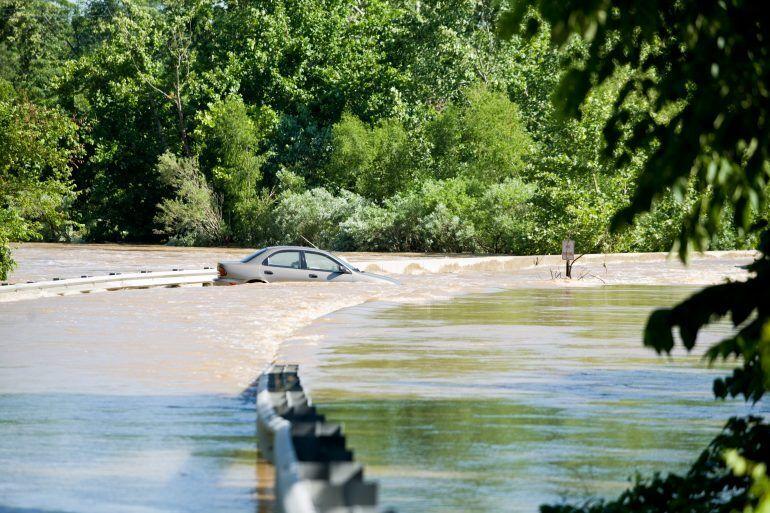
Natural disasters can upend lives in an instant, but unwinding the financial damage can take many months. Still, those affected have many sources of help.
Here’s how you can get help and be strategic with your resources as you begin to rebuild after a disaster.
Deal with immediate needs first
First things first: Contact the Federal Emergency Management Agency to get help via a disaster recovery center by texting your ZIP code and “DRC” to 43362. Texting “Apple” or “Android” to that same number will give you a download link for a mobile app from FEMA with additional resources, such as shelter locations.
Local and state agencies and nongovernmental groups such as the Red Cross also can also help; call 211 from any phone or visit 211.org to get information.
Check your credit card or hotel loyalty accounts as well. You might have points or a free night certificate. Most hotel loyalty programs have offered generous expiration date extensions for certificates that have gone unused due to the pandemic. And some general rewards credit cards allow you to use points to book hotels directly through their own travel portals or let you transfer points to a specific hotel loyalty program.
Next, tend to financial issues
As soon as possible, turn to handling your finances. FEMA offers unemployment assistance, rental assistance, legal services and much more. You have several ways to register, including online at DisasterAssistance.gov, via the FEMA app, at a disaster recovery center or by phone at 800-621-3362.
Nonprofit credit counseling agency Money Management International has a free program called Project Porchlight that offers disaster victims support for up to a year. The program helps people navigate an unfamiliar process, stay on top of deadlines and address the trauma that makes handling tasks harder.
And you do have several tasks to handle:
Contact insurers as soon as possible
Act quickly so you can get the most out of your home insurance, renters coverage or auto insurance.
Review your policies for types of damage covered, coverage limits and deductibles. Home and renters insurance policies typically do not cover flood damage, so check for flood insurance as well. Flood and wind damage to your car are covered as long as you have comprehensive insurance on your auto policy.
Call your mortgage company and other creditors
If you’re worried about your ability to make monthly mortgage payments, contact your mortgage servicer as soon as possible — before missing a payment — to discuss mortgage forbearance options.
Forbearance is a way to avoid foreclosure, and may allow you to make partial payments or pause payments entirely for an agreed-upon period of time.
Seek a pause in student loans, contact your college for aid
Federal student loan payments remain paused through January. But several private student loan lenders have natural disaster forbearances for these situations.
Be strategic with aid, credit and debt as you dig out
“Rebuilding and repairing after a disaster can be incredibly expensive, even for those with insurance,” says Kate Bulger, senior director of business development for MMI. “Applying for as much aid as possible and preserving cash today means that consumers will have more funds left when they are ready to rebuild.”
When you exhaust aid and your emergency fund, you’ll likely need to rely on credit to afford necessities or repair damage. Lately, some major card issuers are making it easier (and cheaper) to turn your available credit line into an installment loan, often at a lower ongoing interest rate. Or you might be allowed to break up a large emergency purchase into predictable monthly payments.
When your debt picture becomes clearer, consider strategies for paying balances back down. The debt snowball, where you focus your efforts on the smallest debt first while maintaining minimum payments on others, can give you some quick wins and motivation.
Finally, be aware of debt relief options for contending with amounts that are beyond your ability to repay.